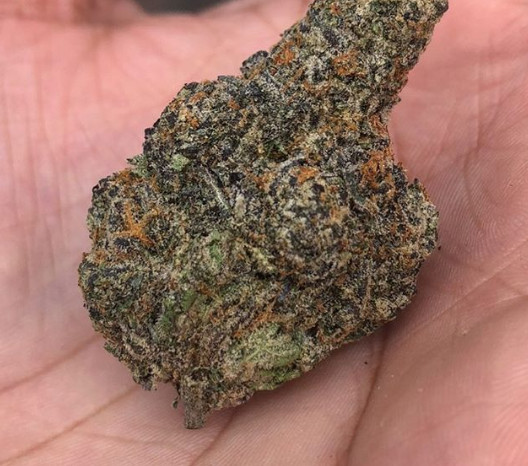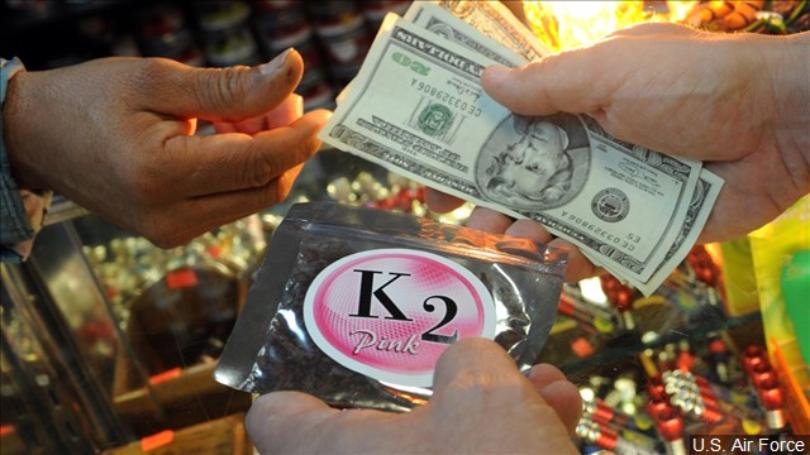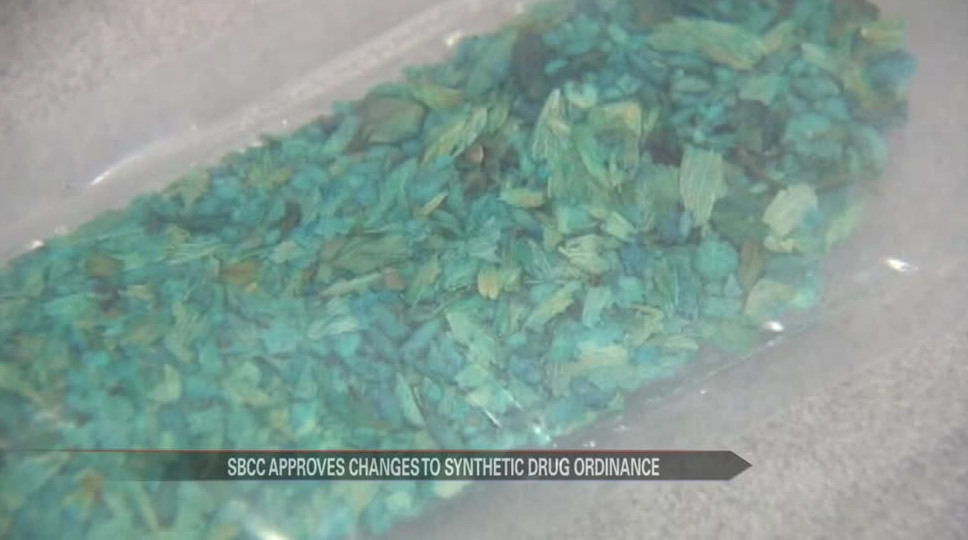The Wisconsin Department of Health Services says since the outbreak of synthetic marijuana cases in March, dozens more people have been hospitalized for internal bleeding.
When the outbreak happened in March and April, the DHS says it started with six cases. As of today, that total has multiplied seven fold to 44 cases, many poisonings happening in June. The poisonings were confirmed in Outagamie, Milwaukee, Dane and Rock counties.
“Starting at the beginning of June we saw a jump in cases in Wisconsin, and have had 38 cases since the beginning of June,” said Dr. Erica Wilson with Wisconsin Department of Health Services.
Synthetic marijuana, known as ‘spice’ or ‘K2’ is illegal but still sold at some convenience stores and online, both in liquid and herb form.
“One of the dangers for synthetic cannabinoids is that we don’t know what all the effects they have, because it’s a variety of different chemicals that’s been sprayed onto the plant mater, so you have no idea what’s in it, so it can contain rat poison, it can contain a number of other substances,” said Dr. Wilson.
Multiple deaths reported in Illinois were linked to rat poison chemicals found in some synthetic marijuana.
“What it does quite literally is stop you from being able to clot anywhere. You can’t form any clots and so you just bleed through every pore basically. That’s how they kill rats with it,” said Dr. Daniel Gale, Emergency Medicine Physician with Baycare Clinic.
Dr. Gale says the fast increase in the number of cases spread throughout the state is a cause of concern for him and other emergency room doctors, especially when patients come in with symptoms of synthetic marijuana poisoning.
Some cases in Wisconsin reported severe internal bleeding.
“So the way we change our management on internal bleeding, that won’t change particularly, but the bigger issue is adding in that there’s one more thing to worry about, there’s one more cause to worry about,” Dr. Gale says.
The DHS says if you’ve used spice or K2 and have bruising or bleeding go to the emergency room immediately. Those who haven’t experienced bleeding should still get checked out.
“It’s the type of thing where, when we ask about any substance use we’re not doing it to judge, we’re not doing it to penalize, we just want to know what we might be having to deal with so we can best treat the person who’s coming in,” said Dr. Gale.
Credit: www.wbay.com













